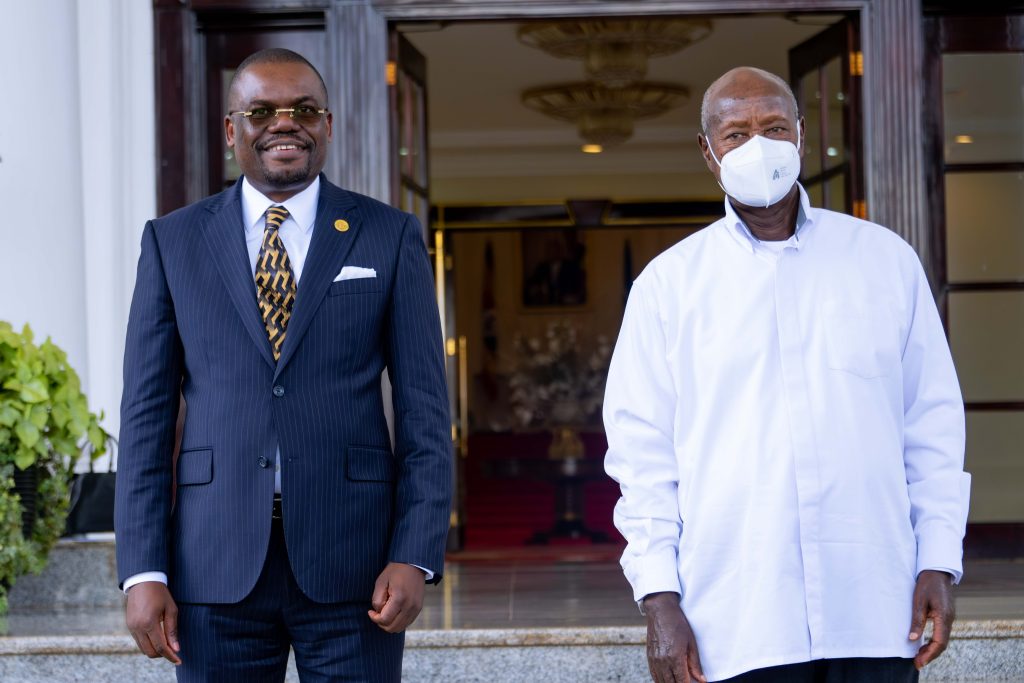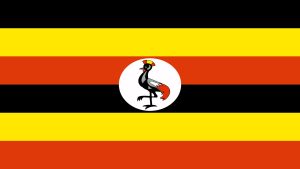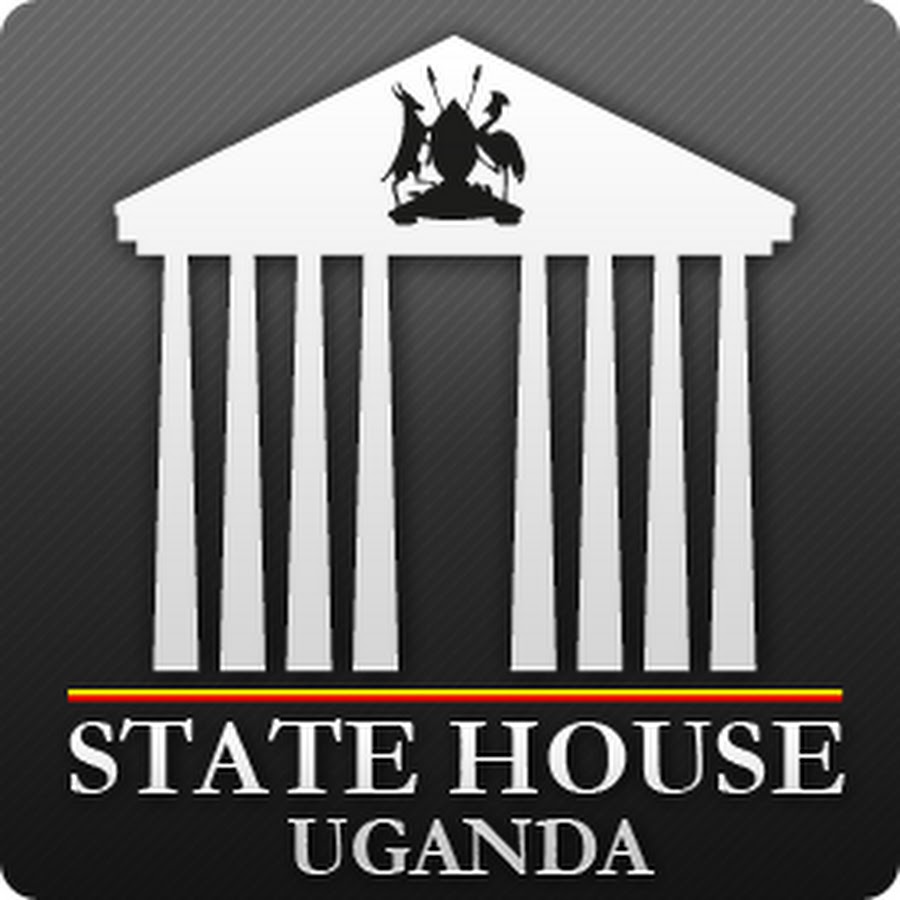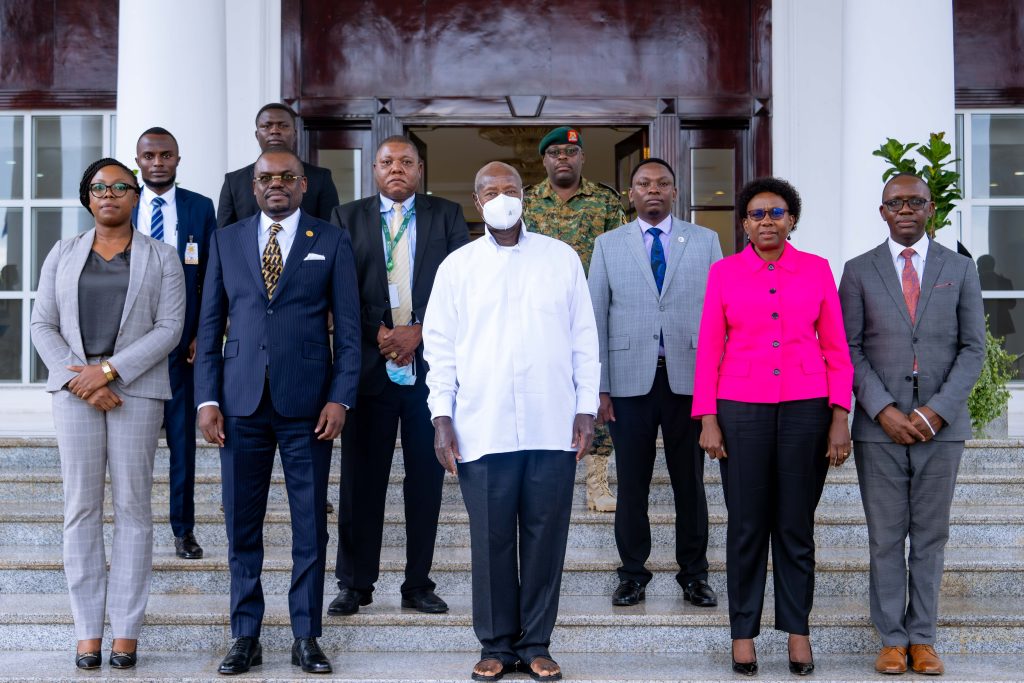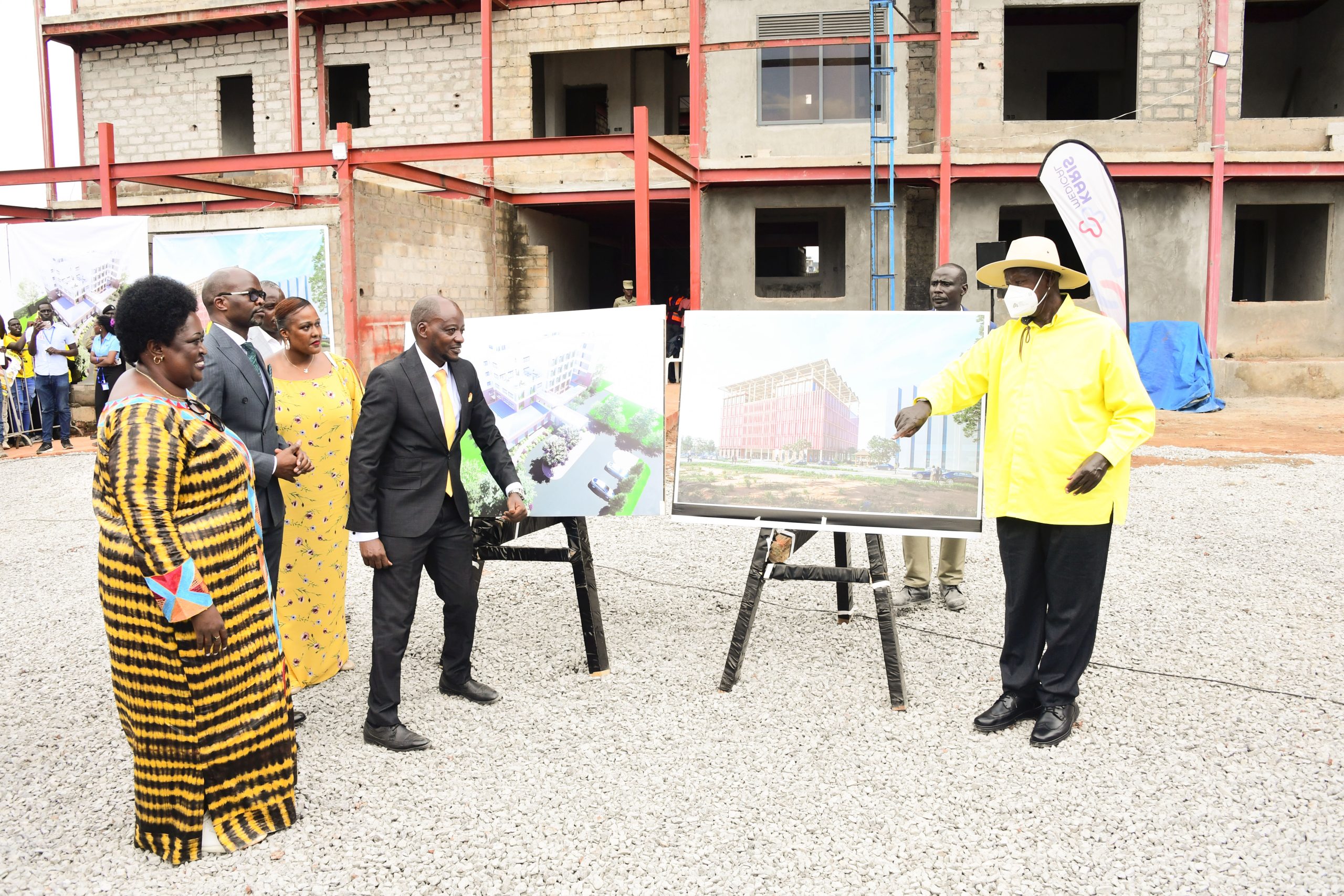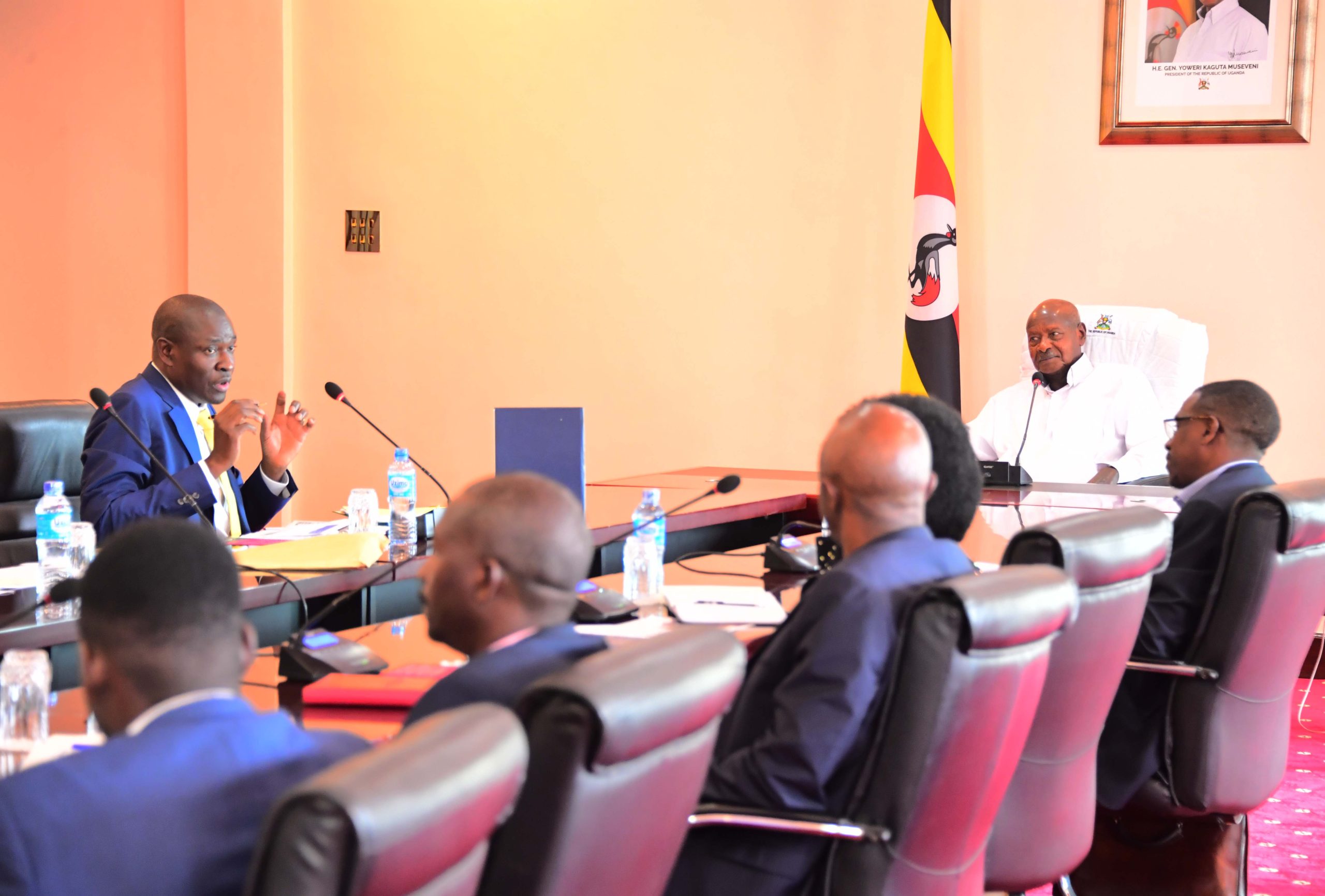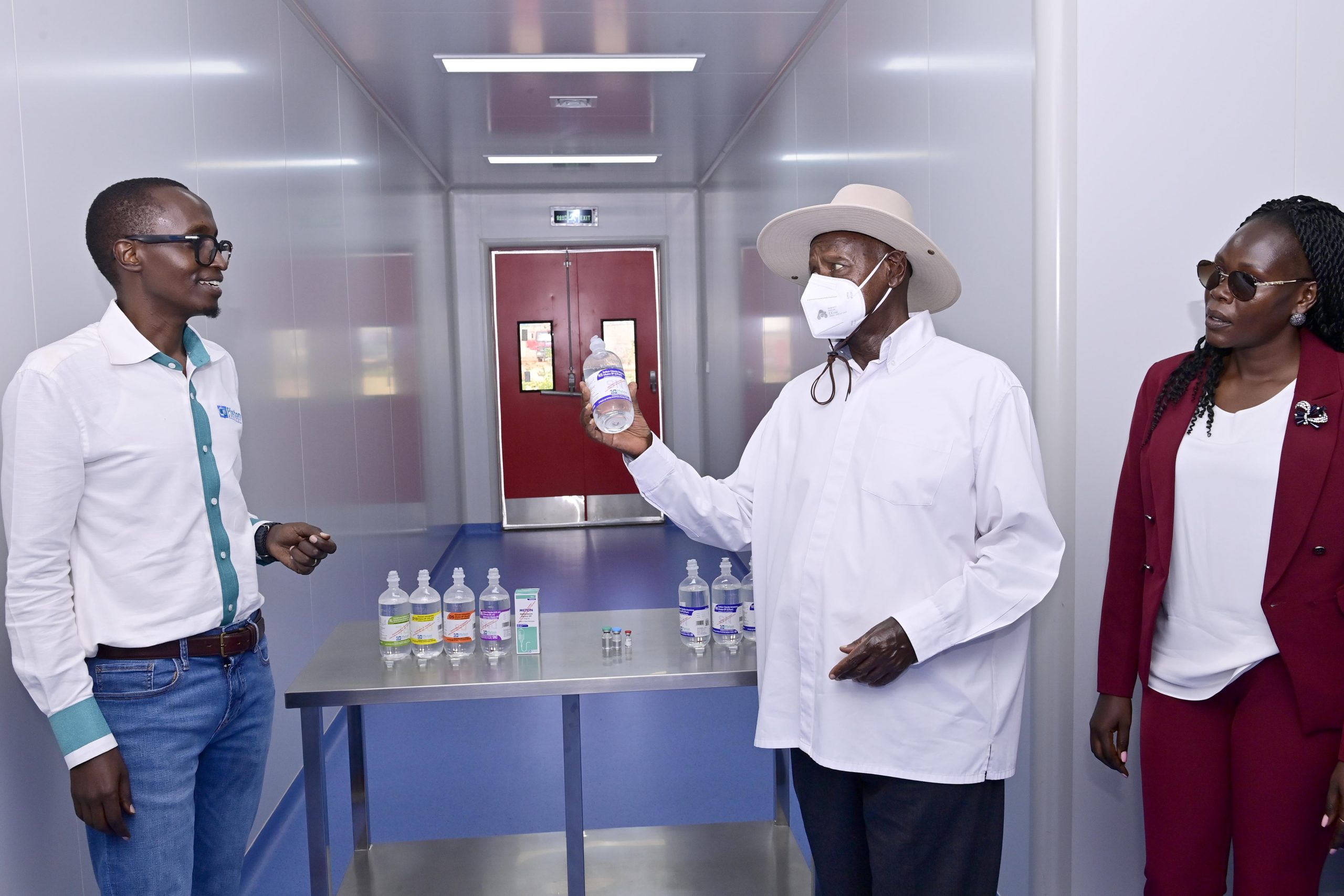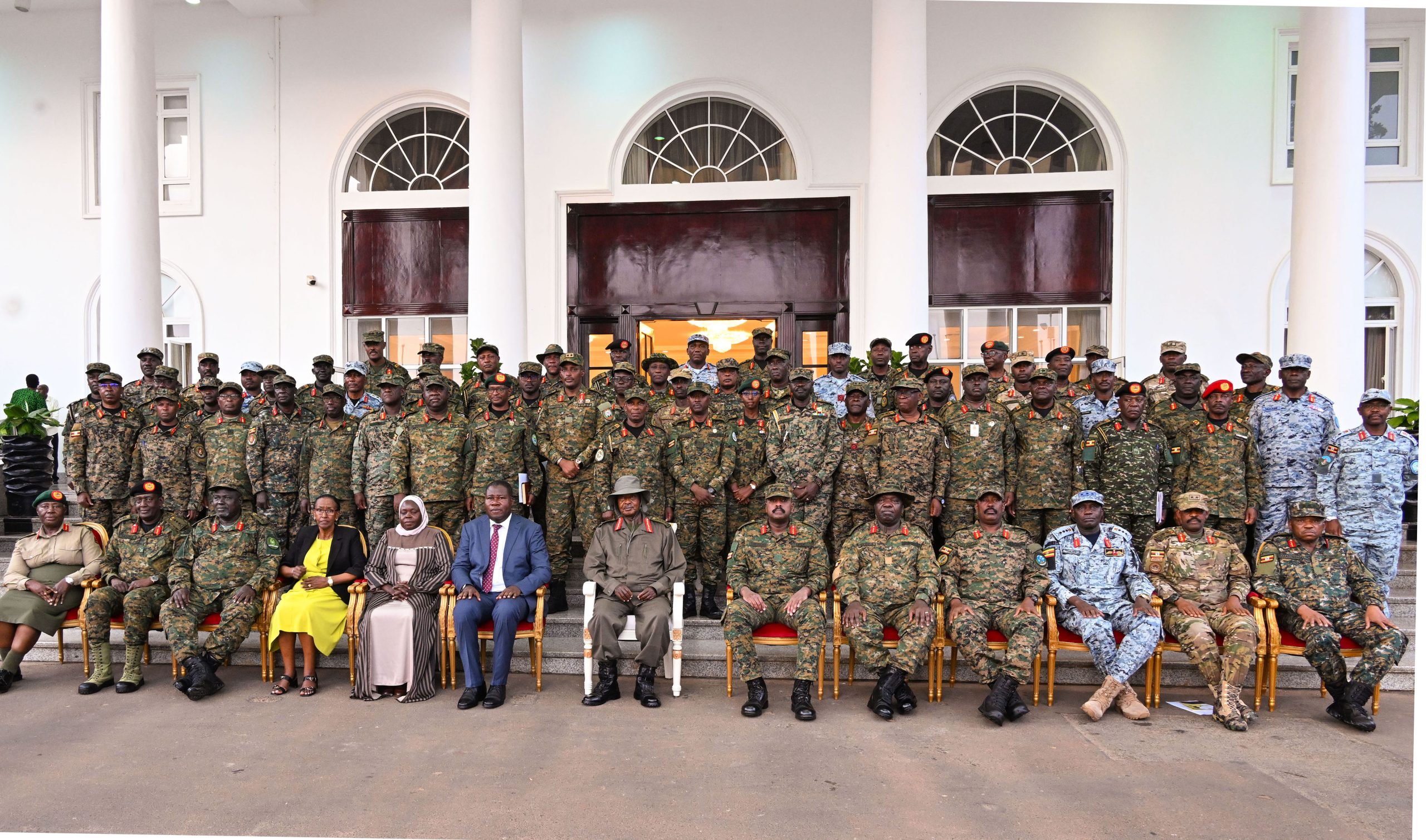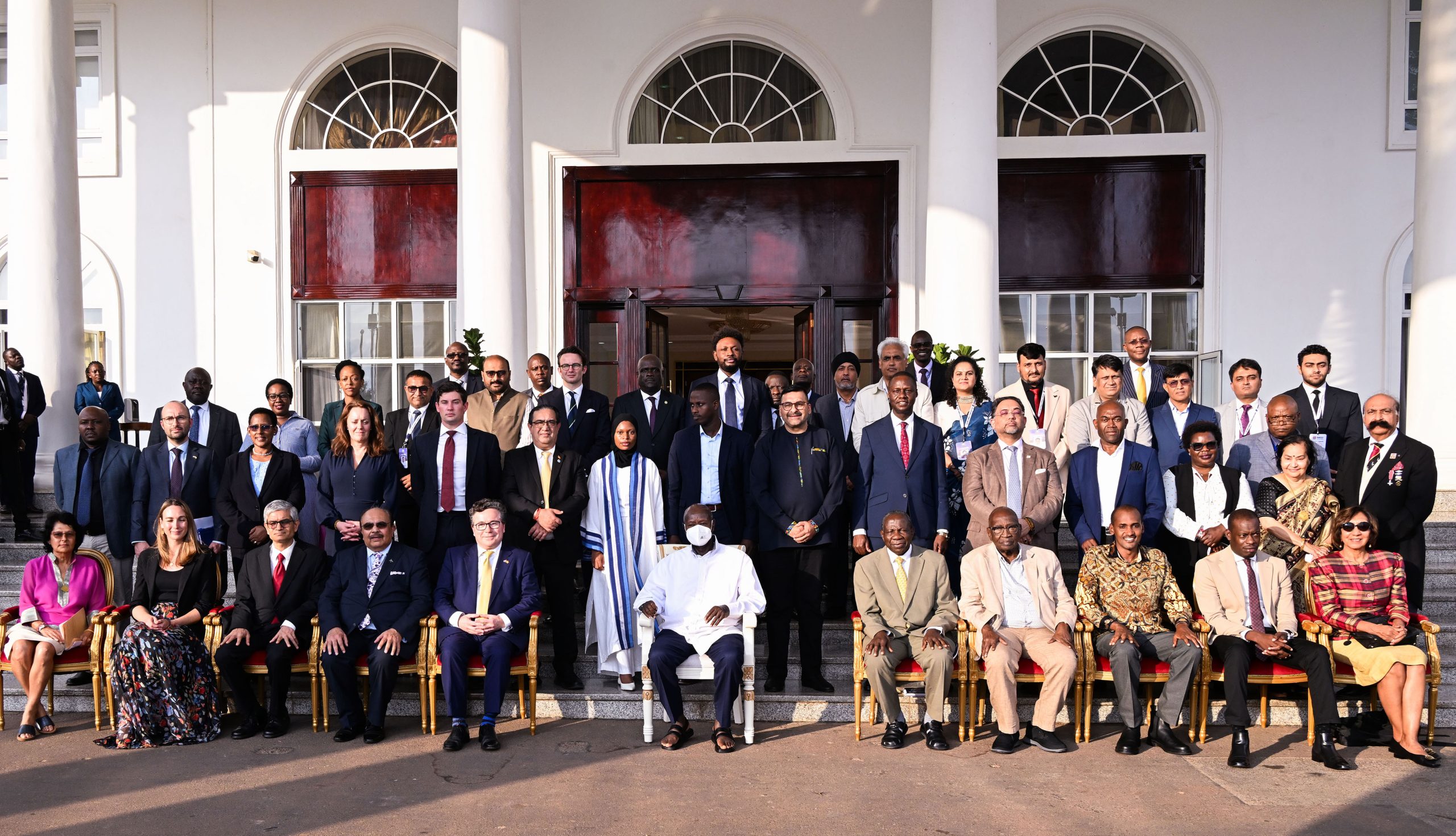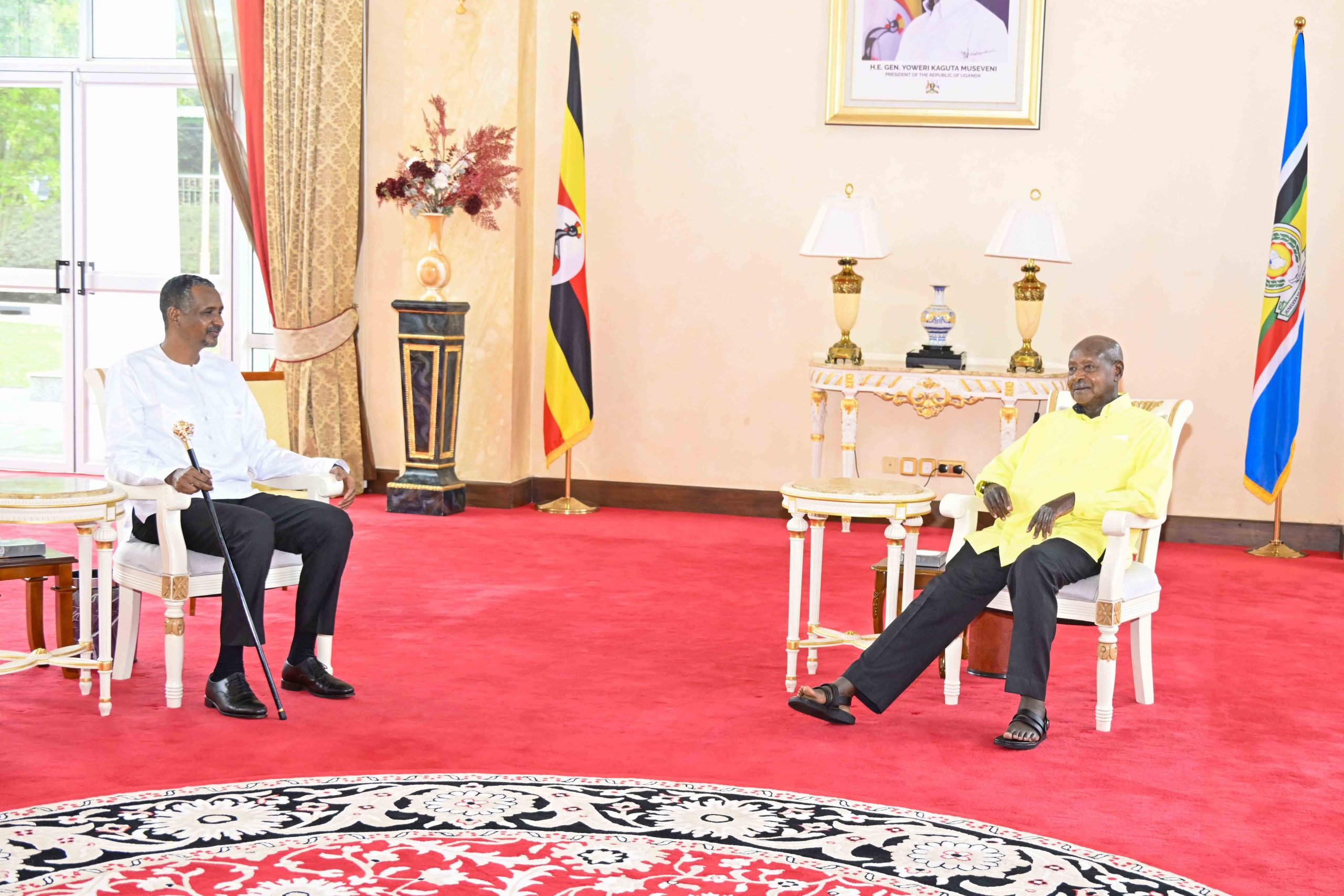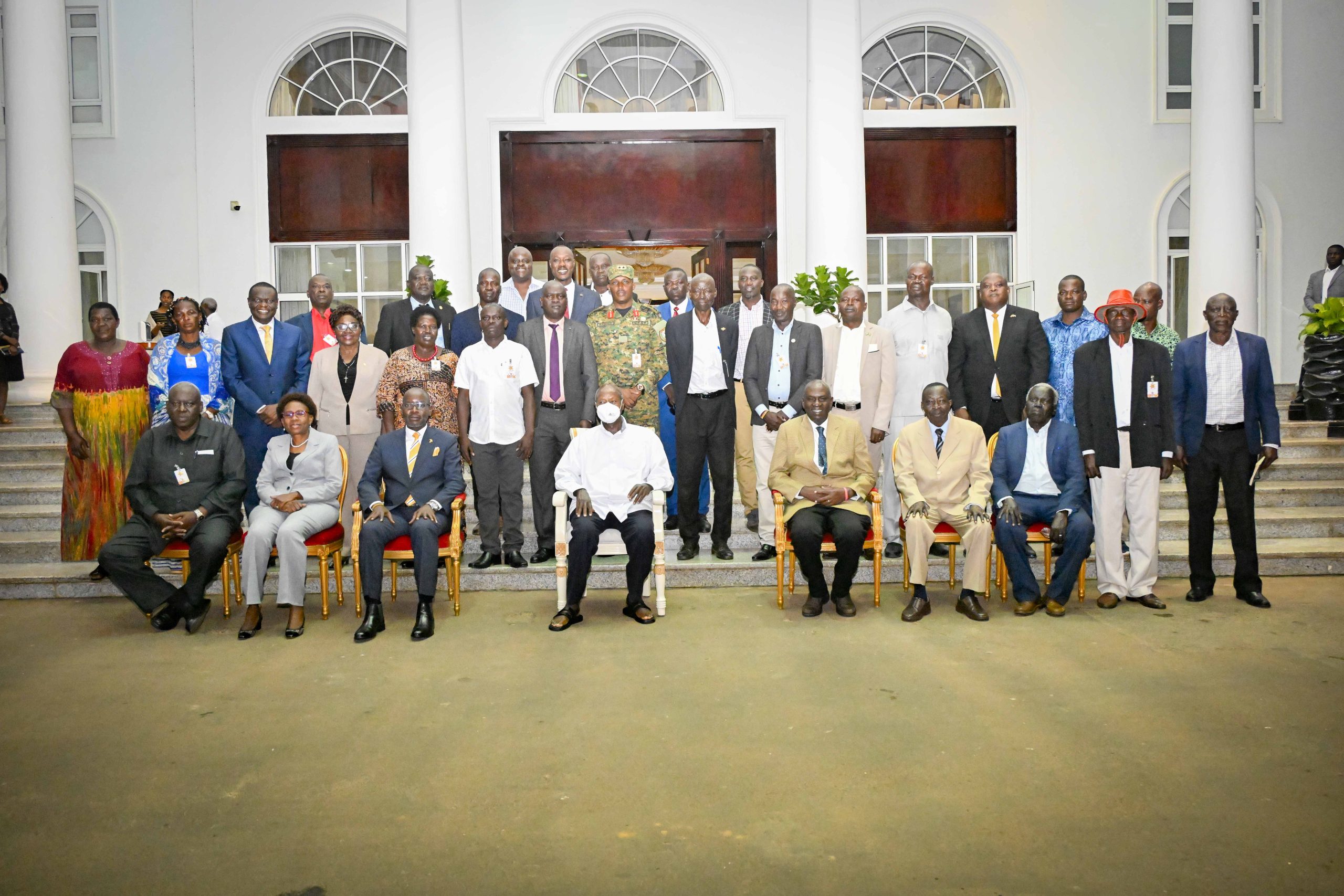The President made the commitment on Friday, October 18, 2024, while meeting a delegation from the Africa-CDC led by their Director General, Dr. Jean Kaseya, at State House Entebbe.
During the meeting, President Museveni and the delegation discussed matters including strengthening local medicine manufacturing in Africa, strengthening the African laboratory hub system, particularly in Uganda to further support the region, and strengthening the community health workforce, especially the Village Health Teams (VHTs) and community health workers here in Uganda, plus the current outbreak of the monkeypox.
The President acknowledged the threat of disease outbreaks in Africa dating back to the 1890s, claiming thousands of lives.
“In 1895, when the Europeans were invading this part, smallpox killed a lot of people. And the main problem was the movement of people coming from the coast. Arabs were coming from the coast and going into Africa to take slaves and also do trade. And a lot of people died in 1894 and 1895. So, if you have a movement of people with no vaccination, you will get a lot of deaths,” H.E Museveni said.
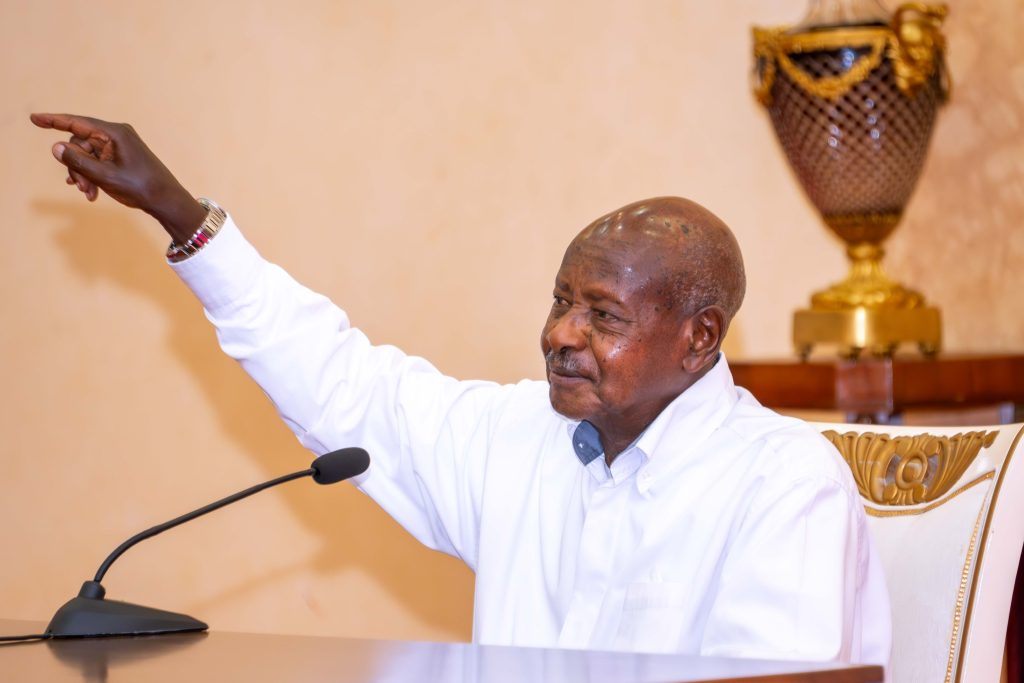
According to the President, the NRM government, through different interventions, emphasised prevention rather than cure, given that 80% of the diseases are preventable.
“We started with immunisation which has seen the population of Uganda grow to 46 million up from 14 million in 1986. We then added on safe water to get rid of diseases such as Guinea worm, which has disappeared, cholera, and also bilharzia,” he stated, mentioning malaria as the only challenging disease where health workers have not done much to educate the people.
“But when it comes to epidemics, we’re doing very well,” the President added, mentioning that currently Uganda graduates about 2,500 medical personnel every year, among which 600 are qualified doctors.
About maternal mortality, President Museveni informed his guest that Uganda is doing very well through extending health services nearer to the people, and now the government is focusing on fighting early marriages, which involve children who are not fully developed, and they get a lot of obstetric problems.
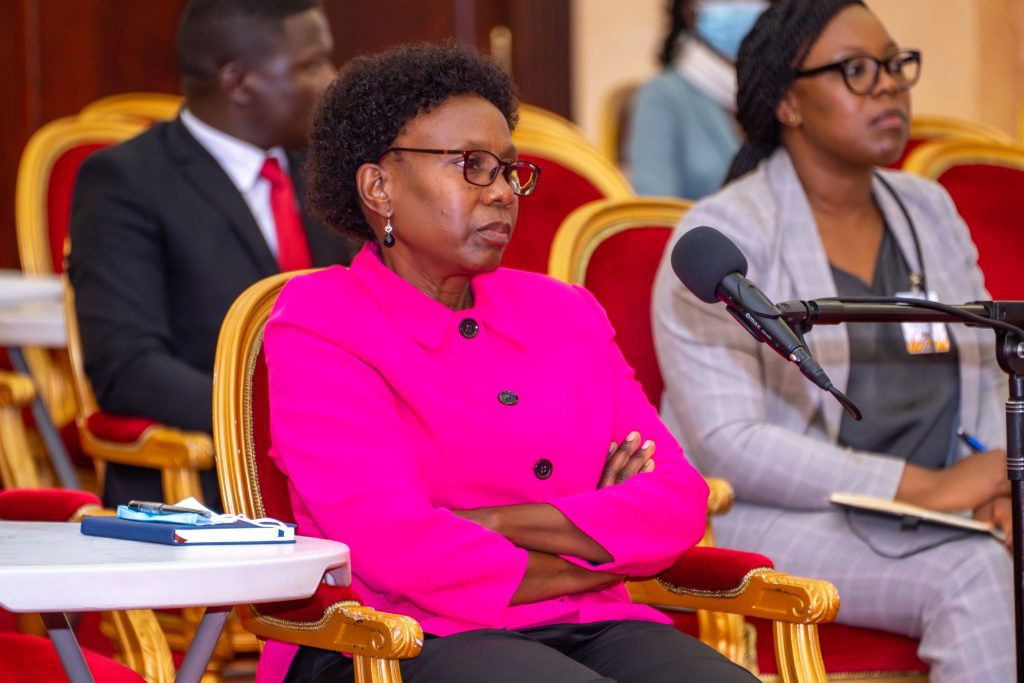
“The other problem is about nutrition. Uganda has a lot of food, but the people don’t know what to eat, and the problem is that the doctors at the district level have not done enough to educate the people on what to eat. That is why we have stunted growth, which is not a food problem but a lack of information,” he further mentioned.
On his part, Dr. Kaseya commended President Museveni for his initiative of starting an African-led public health organisation in 2016 because Africa had been depending on external organisations and partners. He said that the centre is looking after 55 countries in Africa.
He, however, said the centre is grappling with insufficient funds to effectively run their mandate, calling for collective efforts across Africa to stop depending on donors who normally don’t understand the challenges of Africa.
“Even if it’s small money, we need to have our own money. If I have to talk about the one billion, how did we get the one billion? I start by asking our member states, Give us something. Even if it’s a small amount of money, give us something. Then we got $10 million. Uganda gave us around $650,000,” Dr. Kaseya said, adding that by the time of his appointment in 2023, the centre had only $52 million, which is insufficient to deal with the outbreaks across Africa.
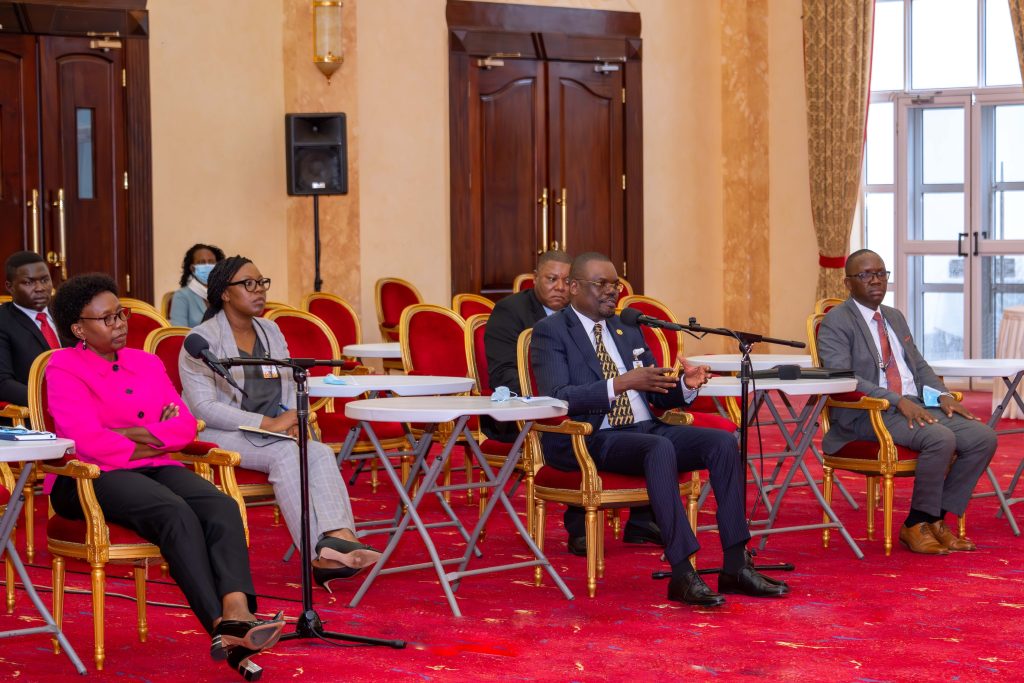
“Under your leadership, Your Excellency, we really want to engage you for more autonomy of Africa CDC because we are dealing with outbreaks. As you know, there are outbreaks that can kill so many people at the same time,” he mentioned.
Dr. Kaseya also commended Uganda’s role in manufacturing medicines whose quality has been approved by the World Health Organization (WHO), saying there’s no need for African countries to import drugs from outside the continent that can be manufactured in Africa.
“Why do you want to go buy anti-malaria from India when this anti-malaria is manufactured in Uganda? Our role will now be to procure the production and to distribute that to all African countries. But where will you get the money to buy? Yes, this is all the mechanism we are putting in place,” Dr. Kaseya said, adding that the problem in Africa has been lack of market for her products, and mechanisms like the African pool procurement mechanism will streamline this challenge like it is being done in Latin-America.
“They created a kind of Africa CDC there; they call it power. Today, no country from Latin America is buying products out of Latin America, except if this product doesn’t exist. Now, we want to reinforce that even for the next AU assembly,” he said.
About strengthening community health systems in Africa, Dr. Kaseya congratulated President Museveni for a clear vision that has enabled Uganda to stop any outbreak, thanks to the strong community health program in place, which he said Africa needs to start investing in from the grassroots.
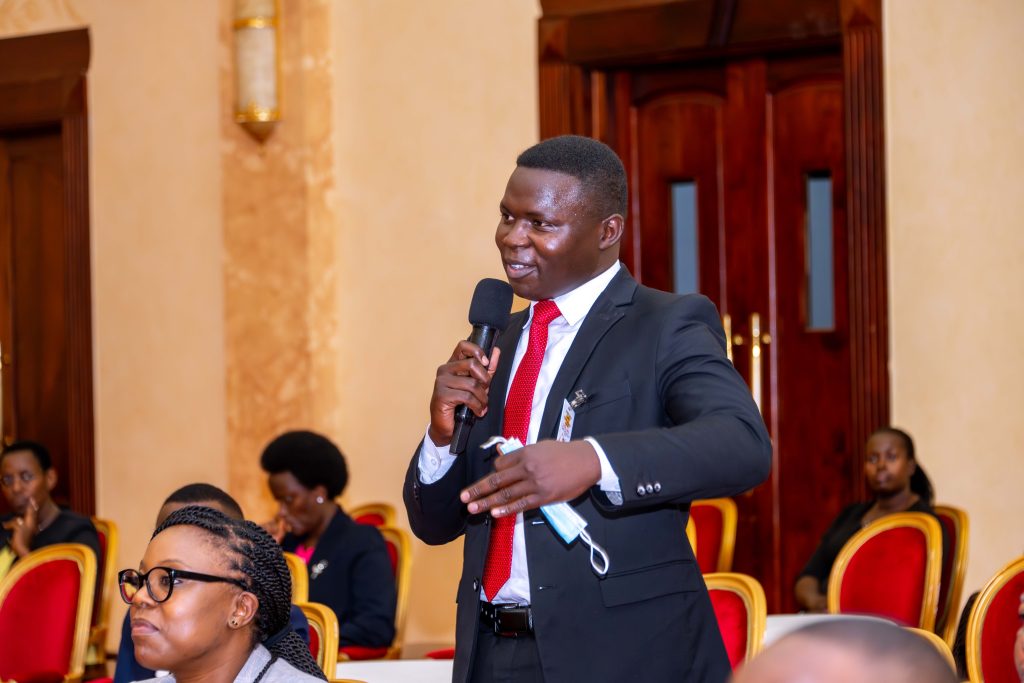
“This investment will help us to leverage more resources. We have around three billion dollars for community health workers. We can even have five billion dollars.”
On a professional and personal level, Mr. Kaseya thanked President Museveni for appointing a competent Minister of Health who not only speaks for Uganda but the entire Africa.
“Every time we want to raise the voice of Africa, I have to count on two, three ministers. One of them is my sister, who is your minister because she has experience. And when she’s speaking, she’s speaking based on the experience and she speaks the language of Africa. When you speak the language of Africa, you don’t have fear. Sometimes you can offend other people because your continent must move on. I wanted, with humility, Your Excellency, to share with you this feedback about what we perceive.”
The Minister for Health, Dr. Jane Ruth Aceng, commended President Museveni for creating the Africa CDC as a coordinating body for fighting diseases within Africa.
The Africa CDC was established in 2016 by the 26th Ordinary Assembly of Heads of State and Government to improve coordination in health institutions among African Union member states in order to deal with disease threats.
